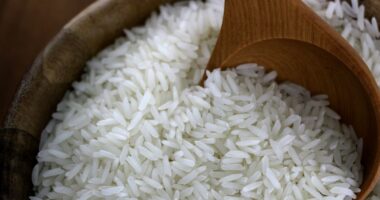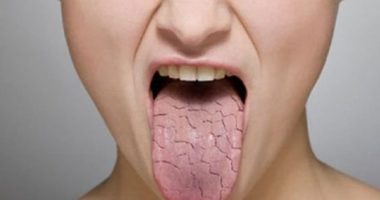Can what you eat or your diet impact endometriosis? Scientists say yes, with promising avenues for symptom management.
Endometriosis is an estrogen-dependent disease, affecting 10% of women of reproductive age, causes endometrial tissue to grow outside the uterus, leading to chronic inflammation, severe pain and infertility, Immune system and digestive issues. Next read Endometriosis: Causes, Symptoms and Treatment Options
From what Sound Health and Lasting Wealth gathered from studies, dietary interventions could alleviate these symptoms and improve quality of life.
A recent review in Nutrients sheds light on the emerging field of dietary interventions for endometriosis, that can help reduce inflammation, managing pain and address inflammation-related digestive issues. While there’s no cure yet, researchers are uncovering how what you eat can play a role in reducing inflammation, alleviating pain, and potentially influencing disease progression.
Vitamins and minerals: Think of them as your dietary allies. Vitamin C, D, and E supplementation may lower inflammation and pain, while B vitamins offer potential protection against developing endometriosis. Deficiencies in essential minerals like sulfur, calcium, magnesium, potassium, and others can worsen symptoms. Manganese, selenium, and iron levels also require attention.
Fats and carbs: It’s not just about counting calories. Omega-3 fatty acids, found in oily fish and nuts, seem to dampen inflammation, while cruciferous vegetables and high-glycemic foods might increase risk. Fiber from fruits, on the other hand, appears to be protective.
Protein power: Replacing red meat with fish or eggs could be a winning strategy. Studies suggest higher dairy intake, particularly high-fat dairy, is associated with a reduced risk of endometriosis.
Environmental culprits: Beware of hidden enemies. Endocrine disruptors like bisphenol A and phthalates can worsen symptoms. While the effects of plant-based estrogens (phytoestrogens) are complex and vary between individuals, controlling exposure to environmental estrogens (xenoestrogens) is crucial.
The bigger picture: Research is still ongoing, but the evidence so far points to a promising future where dietary adjustments can become a valuable tool in managing endometriosis alongside conventional treatments. This can significantly improve quality of life for women living with this challenging condition.
Foods to avoid if you have endometriosis
If you have endometriosis, there are certain foods that you should avoid to manage your symptoms and reduce inflammation. Based on the search results, here are some foods to avoid:
- Processed foods: These foods often contain additives and can cause inflammation, especially in individuals with endometriosis.
- Alcohol: Alcohol can worsen endometriosis symptoms and cause inflammation.
- Caffeine: Caffeine can increase estrogen levels and worsen endometriosis symptoms.
- Dairy: Dairy products can be problematic for some individuals with endometriosis, leading to increased inflammation and symptoms.
- Gluten: Gluten can cause hormone imbalances and inflame organs in women with endometriosis.
- High-fat foods: Consuming fatty foods can cause systemic inflammation. Omega-3 fatty acids are recommended instead.
- Sweets: Sweets contain sugar, which can lead to inflammation and worsen endometriosis symptoms.
- Red meat: Red meat can increase inflammation and worsen endometriosis symptoms.
- Saturated and trans fats: These fats can promote inflammation and should be avoided or limited.
Instead, focus on consuming foods rich in antioxidants, omega-3 fatty acids, and fiber, such as fruits, vegetables, whole grains, nuts, seeds, and fatty fish. It’s essential to pay attention to how your body reacts to specific foods and consider keeping a food journal to identify any triggers or patterns. Consulting with a registered dietitian can also help you plan meals that work best for you and your endometriosis.
Remember: Always consult with your doctor before making significant dietary changes, especially if you have other health conditions.
ALSO READ: Endometriosis Diet and Nutritional Strategies for Relief and Well-being








